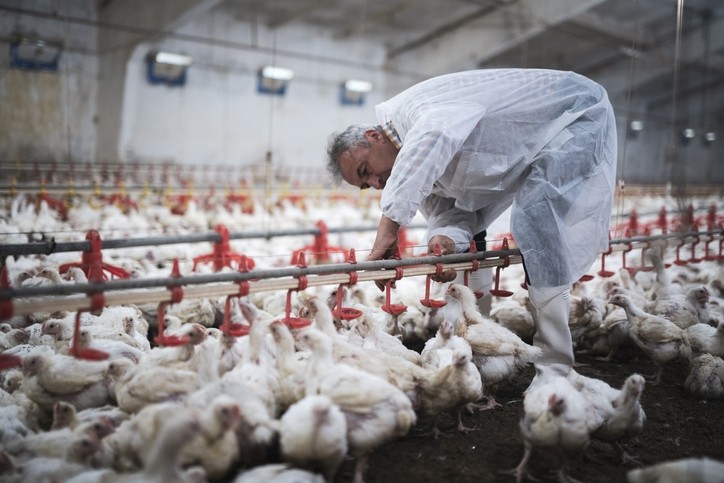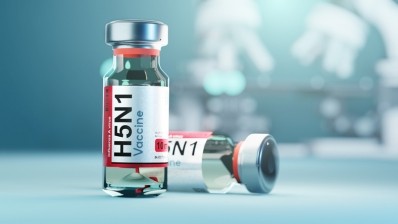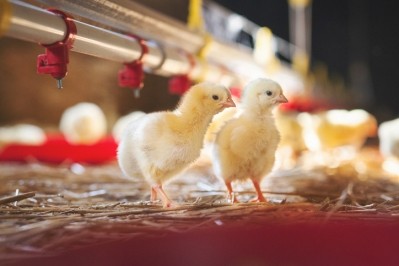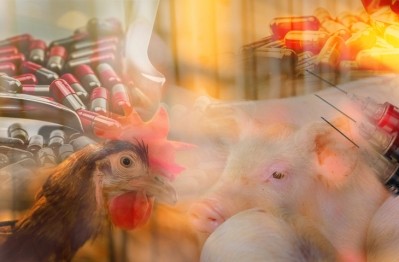Global animal protein market braces for ongoing disease challenges in 2024

African swine fever (ASF), which has settled into China and Southeast Asia, and highly pathogenic avian influenza (HPAI) are major health challenges for farmed animal producers and they continue to drive production loss, create uncertainty around production, and affect trade, noted an outlook from Rabobank.
“The potential for HPAI to infect commercial farms in Brazil is a focal point of global disease risk. Brazil is the world’s largest exporter of poultry and important for the breeding system in South America.”
Incidence of foot-and-mount disease, porcine reproductive and respiratory syndrome (PRRS), lumpy skin disease, and algal blooms, are more localized but can also affect production and market access.
Managing risk
The Rabobank team said human activity and wild animal movements can undermine biosecurity approaches, which are typically the foundation of efforts to control disease throughout the chain.
Regionalization and compensation models are also being put in place to keep the system moving while fighting disease pressures.
Vaccines
And the market specialists noted that vaccines are now being deployed to address HPAI risks in some countries. “More countries are testing these to assess disease resistance and viral shedding. Given the trade implications that come with vaccinated flocks, some countries are reluctant to pursue vaccination though.”
Farmed poultry are not routinely vaccinated against avian influenza in the EU. Last month saw EFSA release a scientific opinion on possible vaccination and monitoring strategies in Europe.
There is currently one veterinary vaccine authorised in the EU for the prevention of avian influenza A, subtype H5, in chickens: Nobilis Influenza H5N2.
“This is a conventional, inactivated vaccine, which could potentially help address the risk of highly pathogenic avian influenza, but it is currently produced in limited quantities,” reported the European Medicines Agency (EMA), which is responsible for evaluating potential vaccines to protect birds against the virus.
Several other vaccine candidates are at different stages of development.
ASF vaccines are being field tested in some countries. Vietnam is the first country to approve one and it has committed to ship it across the region. The Rabobank team said it is too early to access the effectiveness of that approach.
Advanced genetic techniques
Interestingly, the analysts also said they are starting to see the focus shift from surveillance and prevention toward other tools that help manage risk.
A more novel approach involves genetics. “Advanced genetic techniques may also offer potential for disease resistance. For example, a gene-edited PRRS-resistant pig has been approved in Colombia and is being assessed elsewhere.”











